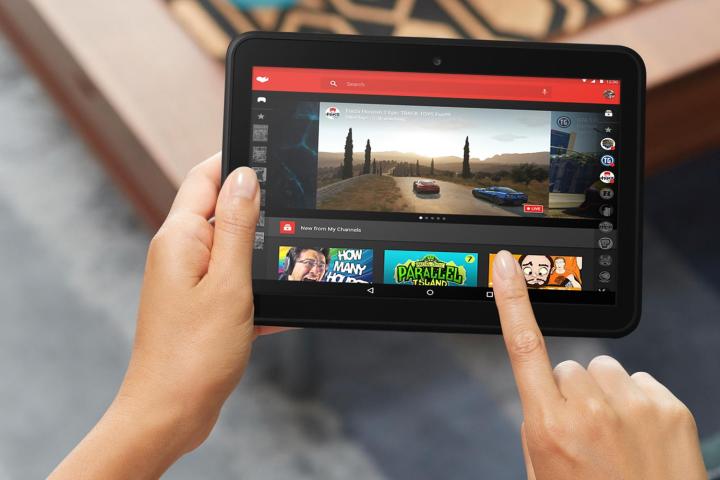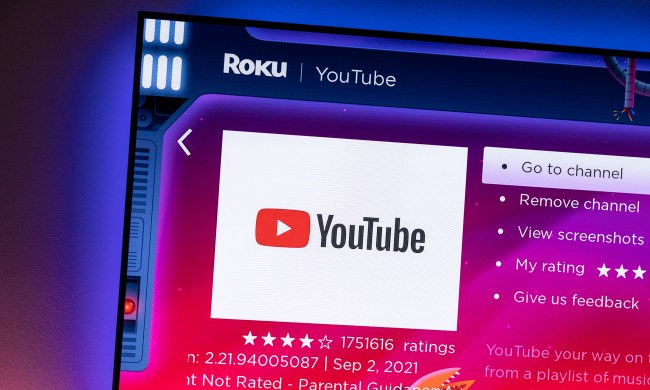
The channels the streaming giant looks to cash in on are all part of YouTube Gaming, a recently created website and app that focuses on live gameplay and advice videos for everything from League of Legends to Minecraft. Gamers reportedly spend 2.5 billion hours watching game-related content each month.
Users can choose to sponsor a channel for a monthly fee of $3.99, which then gets split between content creators and YouTube in exchange for a special token placed by their username and exclusive access to certain content from the channel. The new sponsorship program copies a similar $4.99/month fee at rival game streaming website Twitch.
Users miniminter, TwoSyncFIFA, and hikeplays will be the first to roll out sponsorship, but the website says the option will be made available to all content creators soon.
One thing sponsors will not get is ad-free playback. Both paid and unpaid users will see the same ads they saw before.
In addition to subscriptions, the company also announced a fan funding feature which will allow users to pay creators money as a form of digital tip. The cash flows directly through YouTube, with the company taking five percent plus 21 cents. For smaller $1 tips, that means the company will get 26 percent of the money flowing through their tip service.
Creators of online game videos have to be happy about these additions to the service, which could allow them to release better-made content more often, as well as help out cash flow. The current ad-based revenue system limits both parties in that regard.
For YouTube, the addition of non-ad revenues will help their bottom line. Because even with massive ad revenues, the sheer cost of running the largest streaming video service in the world means the company struggles to stay above water financially. YouTube has long been looking to expand into some form of subscription-based revenues, and this is the first step in that direction.



